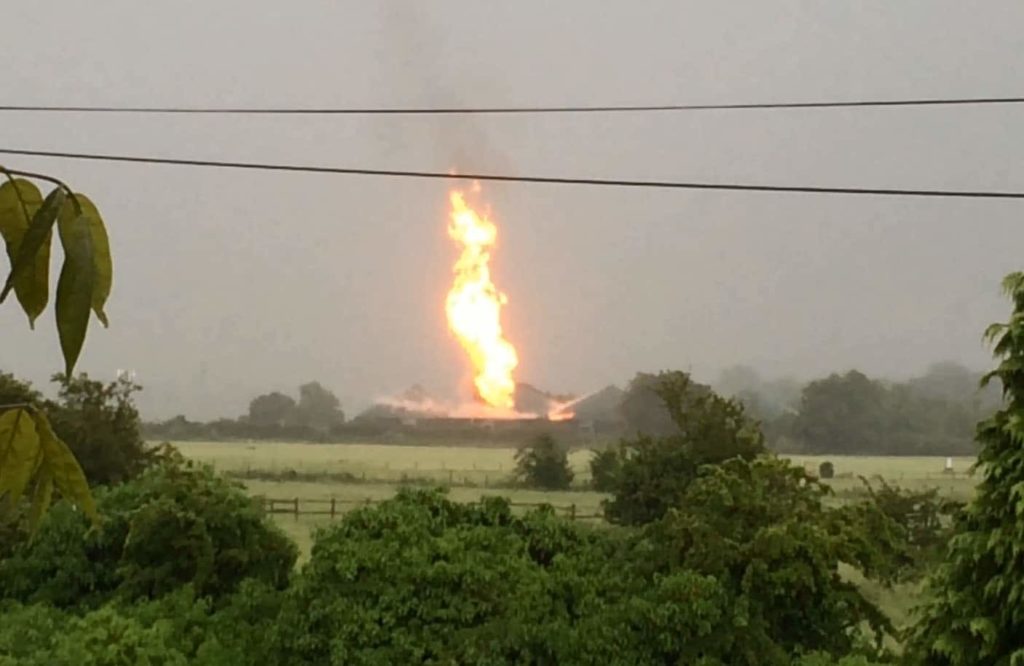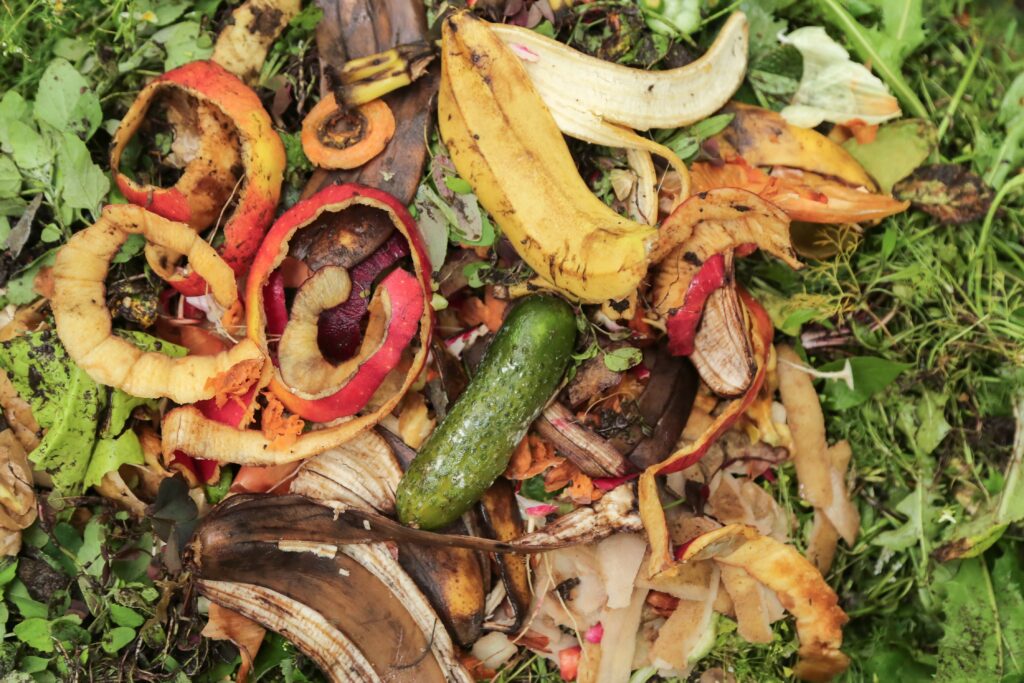The incident has led to warnings from AD sector experts over potential safety hazards at plants.

The lightning strike occurred at 17.20, igniting methane gas stored in a digester, but was quickly isolated, Agrivert said, with operations resuming shortly after. Site emergency procedures ‘worked well’ and nobody was injured as a result of the incident, Agrivert claimed.
Harry Waters, Agrivert’s commercial director, said: “This is an almost unprecedented event and we have been very unlucky. We are enormously grateful to the fire services who were on site in record time and to the professionalism of our own staff who handled the situation impeccably, bringing the site into safe control quickly.”
The Oxfordshire Fire and Rescue Service confirmed crews were called to the Agrivert plant following a lightning strike at the facility.
A spokesperson said: “Four crews attended from Oxfordshire, Buckinghamshire and Berkshire Fire Services. Firefighters wearing breathing apparatus tackled the blaze, which involved methane gas naturally produced at the site.
“Crews worked with site specialists to ensure the plant was left in a safe condition, leaving the scene shortly after 11pm.”
The AD plant was operating again and producing energy within 90 minutes of the lighting strike. The Wallingford plant handles close to 50,000 tonnes of food waste per year.
Agrivert has reassured the local community that there is no risk of air pollution as a result of the incident.
‘Wake-up call’
Following the incident, an organic waste specialist told letsrecycle.com that it should serve as “a sober lesson on the hazards associated with AD plants and the storage of biogas.”
Thankfully people weren’t injured, he said, and “it’s no great surprise that as a professional operator Agrivert appear to have all the risk assessments and emergency plans in place – but could this be said of all AD plants?”
Commenting on the potential case for operators to review their emergency procedures, Jeremy Jacobs, technical director at the ORG, told letsrecycle.com: “Lightning clearly is deemed to be a risk when you’re dealing with combustible substances as in AD plants. Agrivert demonstrated that when you have all the plans in place to deal with such a situation… They were back in operation by 11 ‘o clock that evening I think.”
“If nothing else, it should serve as a caution to other sites, or an opportunity for them to check their working systems. We seem to be experiencing these climate conditions more frequently these days than in the past. It should be a wake-up call.”
Industry practice
Matt Hindle, head of policy at ADBA, told letsrecycle.com it is up to AD sites to be aware of and assess the risks involved, noting that “incidents like this will bring potential risks into focus.”
He said: “As an industry we take our operational standards and the importance of planning for the worse very seriously, which is why we’re looking at developing a best practice checklist.
“Those are only a first step towards and industry led scheme, but I think they reflect the fact that the industry a whole wants to come together and make sure that it’s operating to the highest standards.”







Subscribe for free